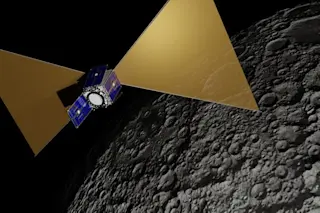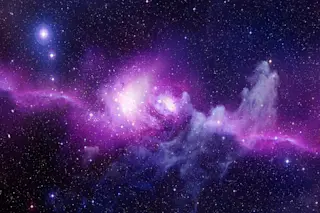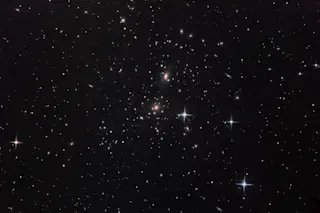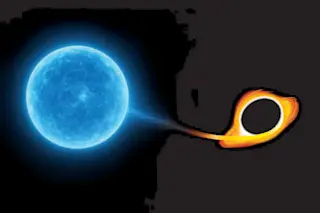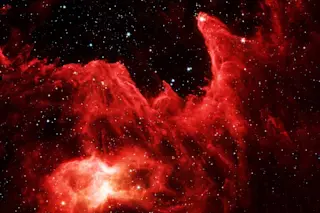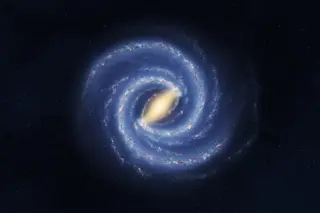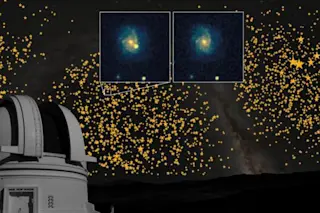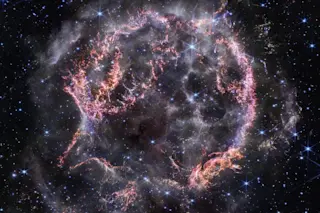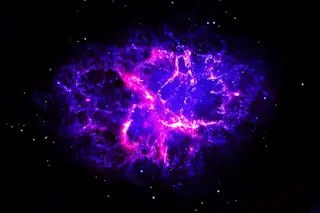For a few hundred thousand years after its explosive birth, the universe was too hot a place for atoms to survive. High-energy radiation filled the young cosmos. But as the universe cooled and expanded, protons, electrons, and other particles eventually combined into atoms of hydrogen and helium. Given the amount of time the universe has been expanding and cooling since the Big Bang--and the amount of hydrogen and helium theorists predict was created--there seems to be a shortfall of the two elements. Fifty percent is missing.
Astrophysicist Shin Sasaki at the Tokyo Metropolitan University and his colleague Masayuki Umemura at the University of Tsukuba believe they have an explanation for the discrepancy. Energy unleashed by a primordial population of black holes could, they say, explain the problem.
How? Many cosmologists believe that a high-energy event some time after the Big Bang set back the accumulation of hydrogen atoms by making ...



